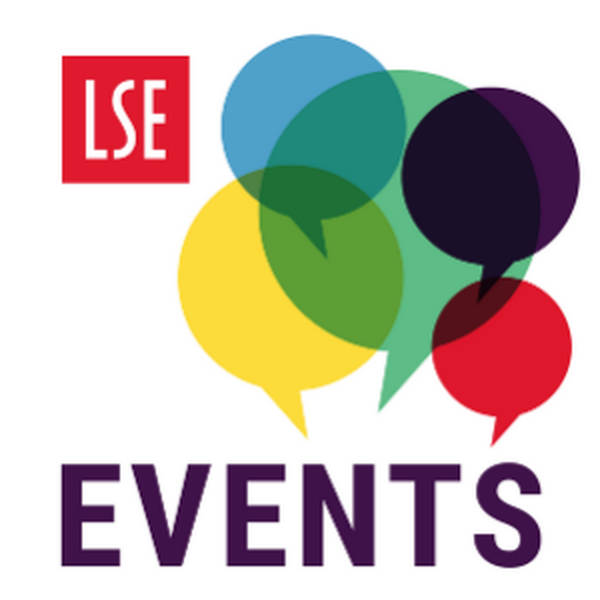
Rituals and the Making of International Society
Contributor(s): Professor Thierry Balzacq | Diplomatic apologies, joint military exercises, gift giving, and global summits, are assumed to be some of the most iconic rituals of world politics. However, many actions that are achieved by means of rituals can be enacted otherwise. What criteria, then, do scholars employ to say that an action or an event is a ritual, and what difference (if any) does it make to its character as well as to its efficacy?
To answer this question, Thierry Balzacq develops a grammar of ritual and contrasts it to alternative theories of action in world politics. Ritual is not a residual category of a phenomenon or an event, but is a qualitatively transformed way of going about acting, which, less frequently noticed, entails moral commitments. In this respect, it is posited that ritual enacts a social order as much as it enhances the salience of the action it involves. He will show how, and examine the theoretical implications of a ritual analysis by revisiting four dominant approaches to action in international relations: discourse, performance, practice and habitus, and strategic views. It is argued that while ritual intersects with each account, it does not extend wholesale.
